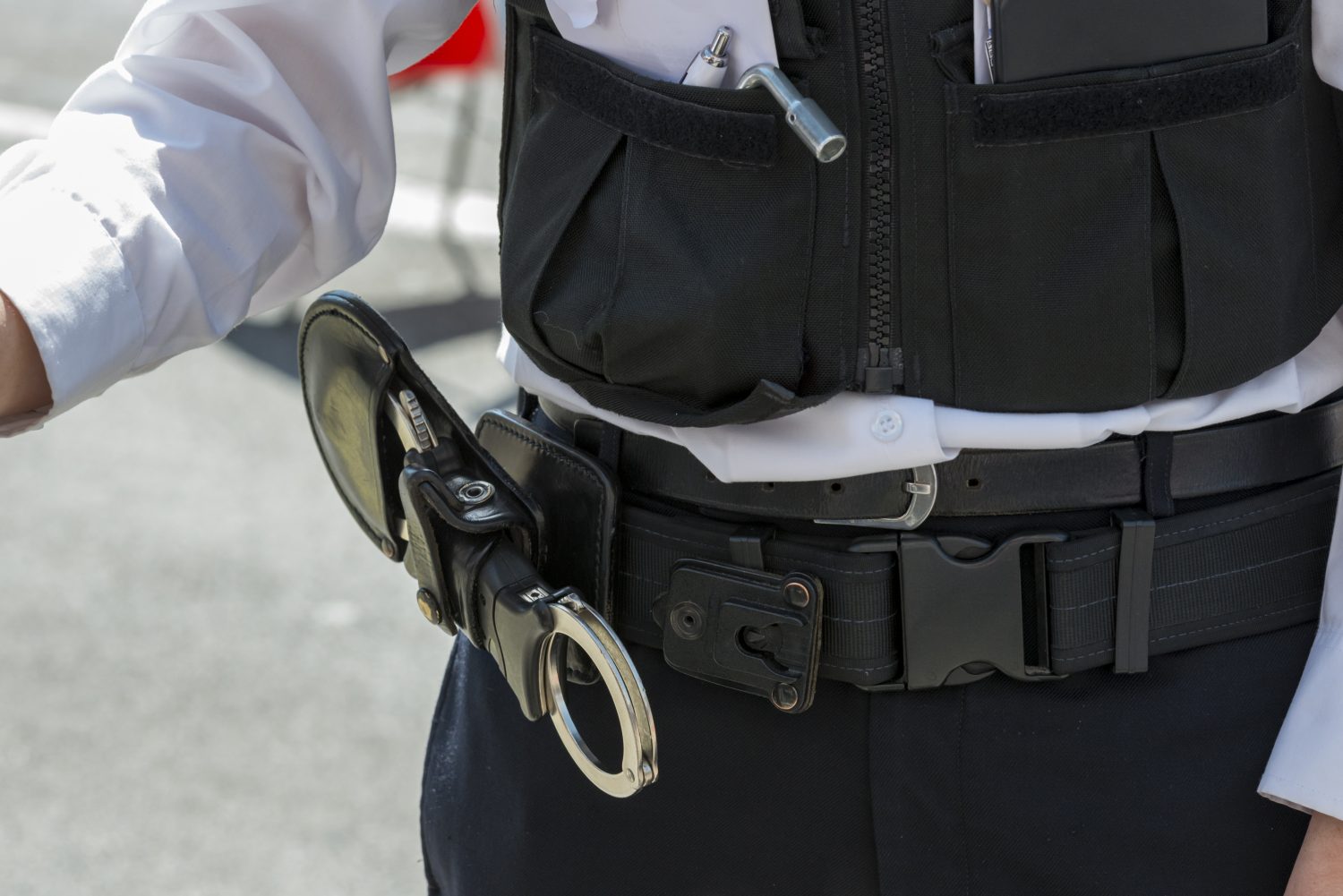The Public Order Act 2023

Peaceful protesting and not so peaceful protesting have been headline topics within the media in recent years, mainly making the news due to their disruptive nature leading to new laws being passed.
Restricting disruption caused by protestors
On 2nd May 2023, the Public Order Act 2023 received Royal Assent and brought in new offences aimed at restricting disruption caused by protestors up and down the Country.
As with any new laws passed, Parliament have the duty to consider its compatibility with Human Rights, more specifically the right to protest and freedom of speech. It is said that the aim of the news laws passed are to restrict the ‘nuisance’ caused by protests, rather than to encourage disruptive protests.
In recent years, we have seen an increase in protesting, namely; Black Lives Matter, Just Stop Oil, Extinction Rebellion, various Climate Change Protests and more recently the anti-monarchy protest carried out on 6th May 2023 in protest of King Charles III’s Coronation.
The Government have justified the passing of the new laws on the basis that in recent years there has been a rise in disruptive protests. For instance, the costs of policing protests by the Just Stop Oil Group has surpassed £14.5 million. The Metropolitan Police also made over 750 arrests between 1st October 2022 and 14th December 2022, costing taxpayers over £7.5 million. Responding to these protests required around 13,600 shifts of Metropolitan Police officer, which ultimately led to a diversion of police resources.
Protests during the King’s Coronation
More recently, during the King’s Coronation on 6th May 2023, 64 arrests were made. Police said the 64 arrests were made for offences including affray, public order offences, breach of the peace and conspiracy to cause a public nuisance. Six of those arrests were of anti-monarchy protestors carrying luggage tags, which they considered to be ‘lock on’ devices. The Metropolitan Police (MET) also seized ‘lock on devices’ from a number of protestors, these devices are typically used by protestors to secure themselves to railings. The protestors were eventually released without being charged. The MET police have since apologised over their arrests and state they are ‘regret’ what occurred.
Following the arrests made, an enquiry is to be launched into the MET Police and their new powers of arrest and the practical implications under the Public Order Act 2023, more specifically their powers to arrest protestors carrying ‘lock on’ devices.
When passing the new Public Order Act 2023, the Government reassured the public that their rights to peaceful protesting would not be infringed, but the laws will be in place to enable Police to deal with those who are aggressively protesting and disrupting the lives of the public.
Control of peaceful protests
This does raise questions as to whether the laws go too far in controlling peaceful protests or whether the Police interpretation of the laws and practicalities of the law is where the issue lies. Prior to the Coronation, the MET Police stated that they have an ‘extremely low threshold’ for disruptions, which suggests they are willing to arrest protesters based on their own interpretations of what they find to be disruptive rather than the guidance of the Law. This is further evidenced by the arrests being made of protesters carrying luggage tags to secure their ‘Not my King’ posters during the Coronation and then later being released without charge, which raises further confusions as to what is/is not considered a ‘lock on’ device.
The Public Order Act 2023 has brought into force some the following offences and/or changes:
Offence of locking on
This measure now criminalises protestors attaching themselves to others, objects or buildings leading to serious disruption and/or carrying ‘lock on’ devices.
Breaching this new offence carries a maximum penalty of six months’ imprisonment, an unlimited fine or both.
Offence of interference with key national infrastructure
This offence covers any behaviour which prevents or significantly delays the operation of key infrastructure, including airports, railways, printing presses and downstream oil and gas infrastructure.
This offence will attract a maximum penalty of 12 months’ imprisonment, an unlimited fine, or both.
Offence of obstructing major transport works
This measure will cover certain behaviour which obstructs or interferes with the construction or maintenance of major transport projects such as HS2.
This offence will attract a maximum penalty of six months’ imprisonment, an unlimited fine, or both.
Extension of the powers of stop and search:
The Act now allows Police to stop and search for and seize objects (such as locking on devices) without the need for suspicion. This power is exercisable anywhere within a specific locality with the officer’s Police area, and for no longer than 24 hours.
Contact Us
It is very important that you contact our team of criminal defence experts if you are to be interviewed by the Police or charged with any criminal offence, particularly if it falls within one of these new provisions. As legal experts, we have the knowledge and experience to consider any new legislation and advise you on your position.
Anyone who is to be interviewed by the Police under caution, either under arrest or by voluntary arrangement, is entitled to FREE and INDEPENDENT legal advice, regardless of your financial situation. We would always recommend you have a legal representative, whether you think you are guilty or not.
If you have any questions, or would like further information about the above, please contact us on 0191 232 9547.



